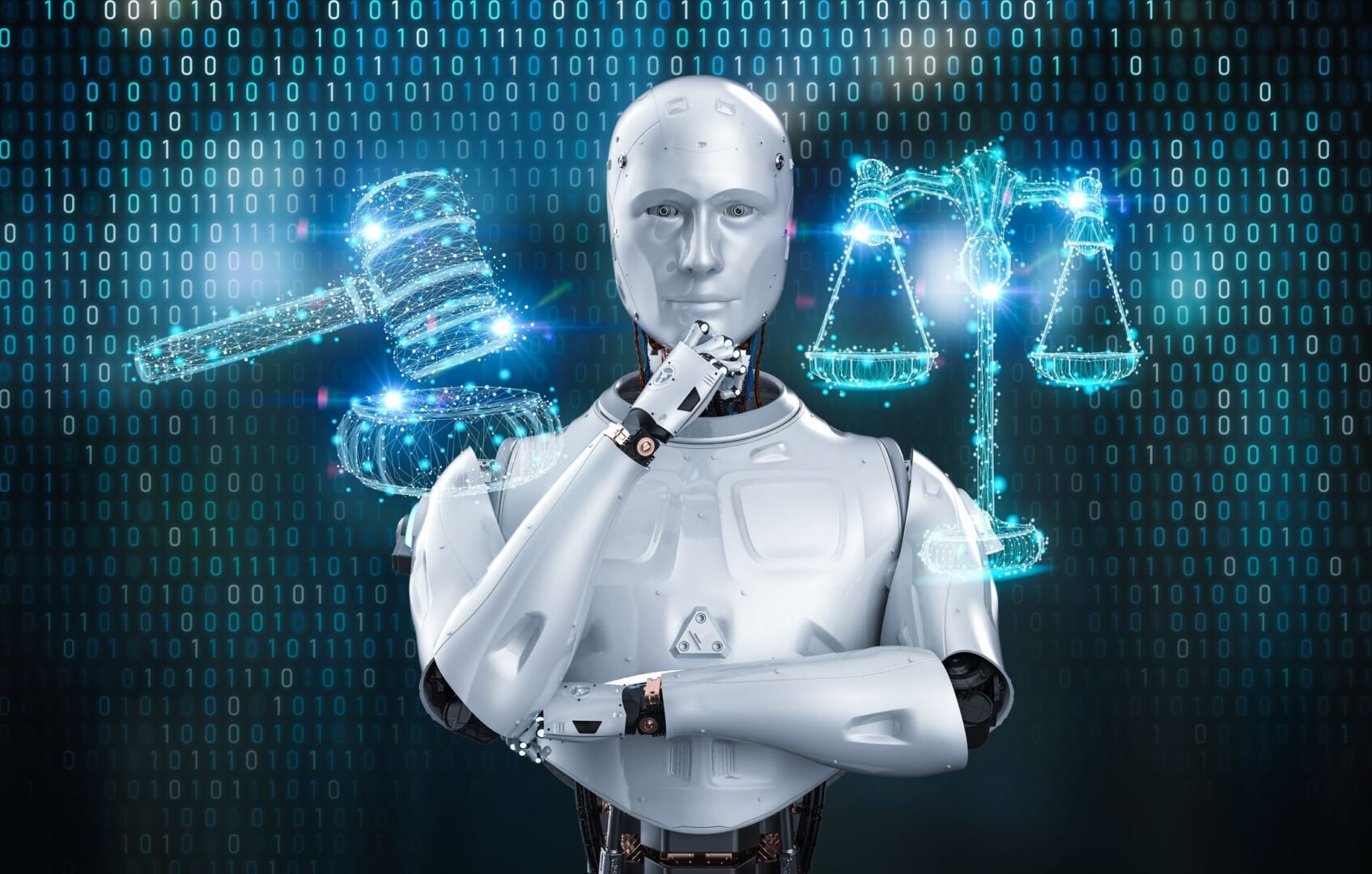The use of RPA in judicial institutions
Spain is a country with a very high litigation rate and, therefore, is emerging as an ideal scenario to take advantage of the benefits of RPA (Robotic Process Automation) and Artificial Intelligence (AI) technologies. The number of processes and document management involved in Justice opens the door to a very wide margin for improving efficiency.
The commitment to the intelligent digitization of the Administration of Justice involves understanding RPA and AI as enablers for the provision of a more agile service, applying it to a varied spectrum of use cases that benefit both the citizens and the Justice operators as a whole.
AI Solutions
AI can be a great enabler in any procedural management, automatically providing summaries or summaries of resolutions, helping to unify criteria or simplifying the management of different databases.
Thanks to AI and the progress made by other technologies such as Natural Language Processing (NLP), it is not only easier to process and analyze any data, whether structured or unstructured, but it also allows the generation of documents with a high degree of accuracy.
Along the same lines, AI can also be an essential tool in the investigation phase, assisting in gathering information and cross-referencing it from different sources, providing more valuable elements for the delivery of justice.
RPA Services
Contract Management: Automates the identification of agreements requiring legal review, accepting or rejecting changes to standard templates and common clauses.
Regulatory: Creates a customized summary of regulatory changes, automating their tracking and producing a daily summary of changes in the legal and regulatory requirements databases.
Export Control: Automates the validation of new individuals or legal entities with which you want to do business, against the databases of sanctioned entities of various government institutions. This not only improves legal productivity, but also significantly reduces commercial risk.
Conflicts of interest: Creates an internal searchable database that automates the disclosure and verification of conflicts of interest instantaneously. This substantially reduces the time required to identify conflicts of interest.
Document retrieval: Automatically backs up legal documents, enhances audit trails and manages signature rights. Helps to report, ratify signature rights and migrate executed documents between repositories.
Risk assessment: Completes anti-money laundering, anti-terrorist financing or customer identification procedure risk assessment forms and compiles in a single structured document information on the products and services of the customer in question.
The above examples are simply an illustrative sample of the practical implementation of RPA in legal services. Each organization should identify the processes and tasks in which it can obtain the greatest return from the implementation of this technology.
Justice bets on Automation
Legal services organizations can apply RPA in virtually all their processes. To adapt quickly to their clients' needs, they need to keep up with negotiating and entering into contracts, as well as providing fast but effective legal advice, all while minimizing costs.
RPAs cover the entire life cycle of the automation of any process, from its very definition to its execution and monitoring, deploying metrics for it, thanks to its capacity for innovation.
With the incorporation of these new technologies, including AI, it is possible to get the most out of the processes, increasing efficiency and extending the availability of the services provided.





